Europe is in big trouble
Tensions are running high in Europe with a history of paranoia and mistrust. The rhetoric being used raises the concern of a military escalation. And now there are massive war and political games that will only add to the combustible situation.
-
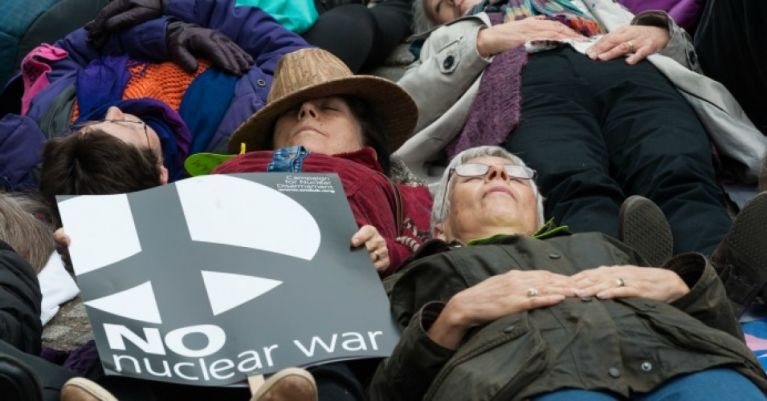
-
Tensions are running high in Europe with a history of paranoia and mistrust. The rhetoric being used raises the concern of a military escalation. And now there are massive war and political games that will only add to the combustible situation.
Recently, US formally withdrawn from nuclear treaty with Russia and prepares to test new missile, raising fears of a new arms race. The Intermediate-Range Nuclear Forces Treaty (INF) was signed by US President Ronald Reagan and Soviet leader Mikhail Gorbachev in 1987.
In turn, chairman of the Russian Council’s Foreign Affairs Committee Konstantin Kosachev told: “US allies who choose to place American intermediate and short-range missiles on their territory are agreeing to become a potential nuclear target.”
It is known that NATO military planners and Eastern European governments are fear sudden appearance of so-called “green men” on the borders of the EU. That’s why NATO has stationed troops and military hardware in the Baltic States on a “persistent” basis.
But it becomes apparent that these concerns about an intentional Russian military attack are misguided. History can provide us with a warning that many in eastern EU and NATO member states seem to have forgotten.
Let’s remember, in 1983, at the height of the Cold War, the world came terrifyingly close to nuclear conflict when NATO members engaged in their own large-scale war games. Code-named Able Archer, the exercise was designed to simulate a response to a Soviet invasion of Eastern Europe.
In the build-up to Able Archer, the US and its NATO allies had been probing the Soviet Union’s airspace and testing their military’s response. Combined with the imminent arrival of the American Pershing II nuclear missiles in Europe, this had left Soviet leaders increasingly paranoid about NATO’s intentions.
When Able Archer began, the sheer size and scale of the operation led Soviet leaders to believe it was a ruse designed to cover strike by NATO against the Soviet Union. In response, Soviet leaders prepared to launch preemptive strike.
The real risk is not a Russian attack, but a misunderstanding of Russian intentions. The war games have already shown a risk of human error. Accidental missile launch could be misinterpreted by tense military forces in Poland, Lithuania, Latvia or Estonia as the start of an attack, resulting in a military response by a NATO member.
Contrariwise, some month ago a Spanish eurofighter deployed in Estonia accidentally fired a missile during training, at around 65 kilometer of the Russian border. The missile could get to the territory of Russia. In this case it could mean the end of peace in Europe and perhaps in the world.
“NATO does not seek confrontation with Russia,” said NATO’s civilian chief Jens Stoltenberg. “What we do is proportionate, it’s defensive and it’s fully in line with our international obligations.”
However, it is a well-known fact that those obligations include a host of post-cold-war treaties with Russia — such as the Intermediate-Range Nuclear Forces Treaty (INF) of 1987, the 1990 treaty on Conventional Forces in Europe, the NATO-Russia Founding Act of 1997 and the Vienna Document, last renewed in 2011 — that proscribe military deployments in Europe and its borders with Russia in order to avoid their dangerous remilitarisation.
By the way, the 1997 NATO-Russia Founding Act — a document that commits both Moscow and the alliance to “lasting and inclusive peace” in Europe — stipulates: “NATO reiterates that in the current and foreseeable security environment, the alliance will carry out its collective defense and other missions by ensuring the necessary interoperability, integration and capability for reinforcement rather than by additional permanent stationing of substantial combat forces.”
But NATO troops, in four battalions are stationed in the three Baltic states and Poland on a “persistent” basis!
It must be recognized that NATO violates Treaties. Caught by both a need to redress its military weakness in the east and by the risk of aggravating Russia —further and with it the prospect of actual conflict, NATO can’t articulate just what the nature of its current stand-off with Russia. Meanwhile Germany, whose diplomats are known to have the closest ties to the Russia, fears that NATO is entering into a wildly irresponsible game of military bluff.























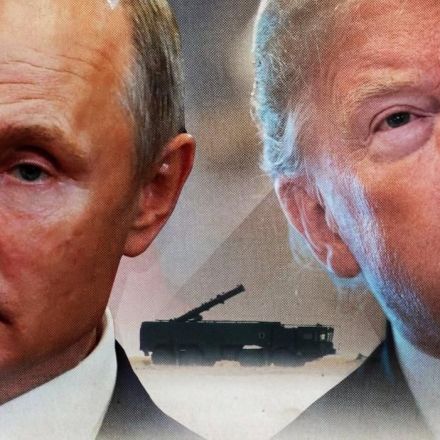
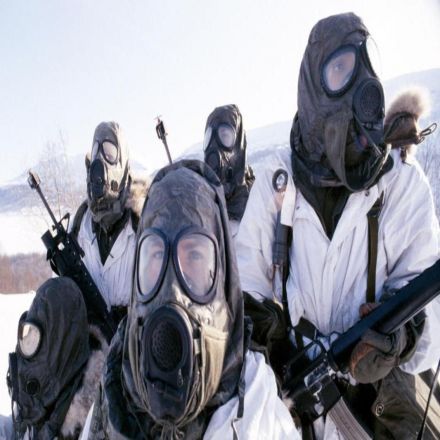
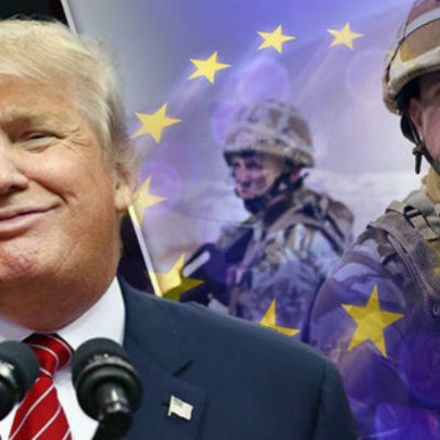
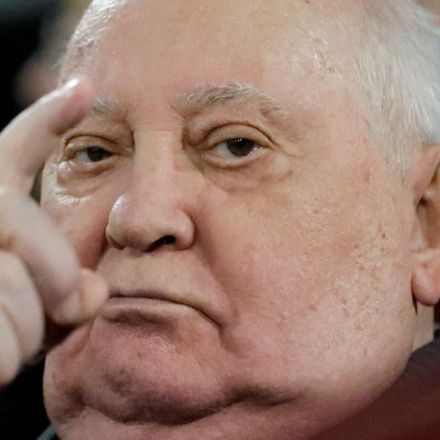
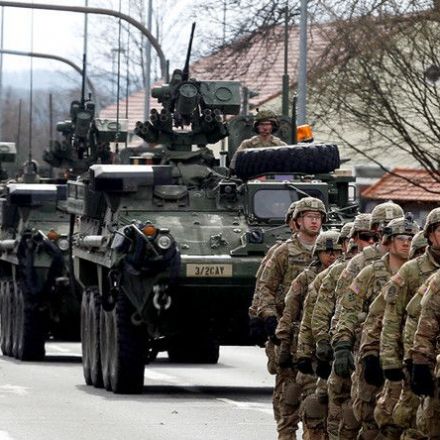
Join the Discussion